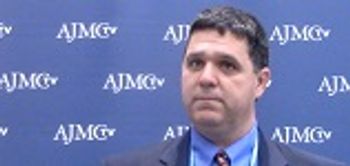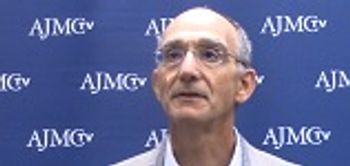
While the cost of hepatitis C treatment continues to be a major topic of debate-with the approval of simeprevir (Olysio), sofosbuvir (Sovaldi), and now the combination, sofosbuvir and ledipasvir (Harvoni)-those in favor of the treatment provide a strong research-based argument. The cost-debate is global, as shown by this cost-effectiveness study conducted in Italy.







